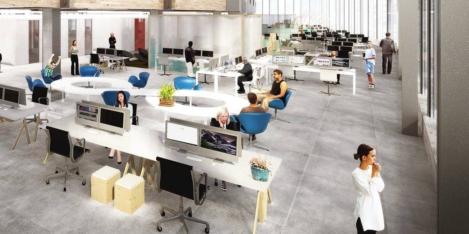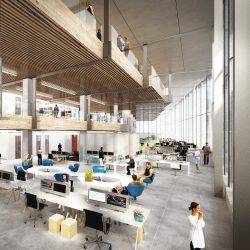November 28, 2016
Employers urged to find ways of motivating and retaining older workers 0
Employees over 50 still have a huge amount to offer, and that is why employers need to develop and implement strategies to find ways of managing and retaining them. The results of a three year study – led by Nottingham Trent University with Workplace Innovation Limited – aimed at preventing the loss of vital knowledge, skills and experience of increasingly ageing workforces indicate that measures should be taken by employers to ensure older workers don’t become demotivated and head into early retirement. The first-of-its-kind study follows findings which reveal that by 2030 the number of people aged over 55 in high-income countries will have grown to 500 million. As part of the study, researchers found that interventions which seek to improve job design and the way in which work is organised can lead to better engagement and retention of older workers – as well as producing wider benefits for the business and its employees. The project investigated work-related predictors of retirement for the over 50s, finding that manageable job demands and more control over roles were key factors in delaying a decision to retire.


































November 25, 2016
Workplace professionals should look to the consumer sector for boosting engagement 0
by Jeff Flanagan • Comment, Facilities management, Workplace, Workplace design
More and more businesses are recognising the power of the workplace experience to drive employee performance and engagement. Global brand Airbnb, for example, has now renamed its head of human resources as “chief employee experience officer.” This is good news for workplace design and management professionals. We are well placed to capitalise on this shift in business opinion, but if we want to make a tangible impact, we need to bring practical solutions to the table. First and foremost, these need to be backed up by research. There have been few studies specifically into what makes a healthy and productive work environment. However, there are a number of research projects that examine how a human being’s surroundings impact their mood and behaviour, and in particular how consumer environments shape customers’ perception of and engagement with a brand. As workplace professionals, we can learn a great deal from this consumer research and this is why workplace design and management teams should look towards consumer-facing industries for inspiration.
(more…)